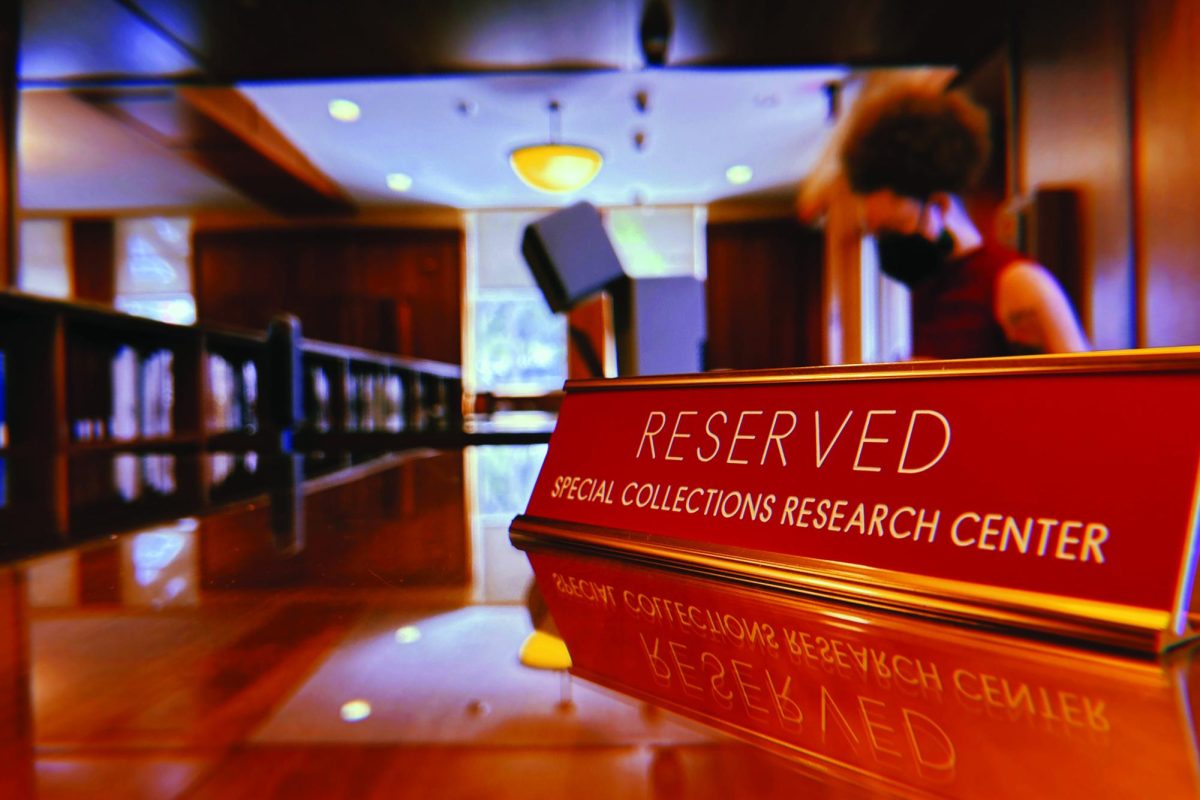Knowledge of a foreign language has become a desirable skill to employ in the modern era of globalization and mass communications. The N.C. State community is rich with students and faculty with proficiency in more than one language, but this knowledge doesn’t come by just going through the motions.
Spanish professor Mark Darhower has narrowed down the formula to the learning process, and according to him “instruction and immersion is the best way to learn.”
“It incorporates both institutional and cultural fundamentals needed to be highly proficient in a learned language,” Darhower said. “If one was to just immerse themselves into the culture without any institutional training, they would probably learn to speak just fine, but would struggle learning the grammar and different conjugations.”
Darhower explained that a major disadvantage to classroom instruct is the lack of exposure when it comes to accents and colloquialisms.
There are plenty of concerns that come with being bilingual. A leading reason as to why many parents hesitate to expose their children to different languages is because they do not want to overwhelm the child at an early age.
“This is a misconception,” Darhower said. “Children are capable of learning multiple languages at an early age due to it being a critical period in their cognitive learning. Between the ages of five to ten would be the last window of opportunity for a child to pick up a second language easily.”
There exists concern that knowledge of multiple languages pose difficulties in processing communicative information. Highly proficient polyglots can switch back and forth between speaking and thinking in different languages. Naturally it seems that one would think in his or her native or primary language. However, there are individuals, like Awma Rinchhuanawma, a graduate student in etymology, who claim they can actually change the language in which they think.
“It really depends on the topic and who I am with,” said Rinchhuanawma who naturally speaks Mizo, a language of northeastern India and Hindi. He also learned English in kindergarten.
“Sometimes I’ll use one word in English to describe something in Mizo just because there is no Mizo word for it.”
Although many native and heritage speakers are verbally proficient in their respective language, grammar at times lags due to lack of institutional guidance. According to Darhower, many heritage speakers of immigrant families study and minor in their own vernacular.
Being bilingual isn’t exclusive to native speakers, but rather many people can pick it up. Not only does bilingualism promote diversity and knowledge of foreign cultures, but it also has its advantages in the workplace.
“Bilinguals have a higher chance of getting a job,” said Darhower. “Imagine if two equally experienced potential employees applied to one job, except one was bilingual. The employer would more than likely hire the bilingual applicant because of the need for more than one language being spoken.”
The benefits of bilingualism extend past the workplace. For some people like Chelsey Winstead, a freshman in fist year college, there may be a genuine curiosity and fascination of learning a foreign language.
“I think it would be neat to study abroad,” said Winstead, who expressed interest in studying in Italy.
Darhower mentioned that the prime age to easily learn languages is early in development, but many students and adults have found alternative ways to get past this cerebral setback. There are products and software that can be purchased that can help in learning a different language such as Rosetta Stone. However, professors like Darhower only advise them for practice or supplemental use as they will not make an individual completely proficient in the language. According to his strategy, immersion and instruction take precedent.
-Alt Text (source: Mark Darhower)
There are varying types and levels of proficiencies of bilingualism that gives it dynamic layers. The term bilingual does not just apply to someone who is superior in more than one language, but to anyone who has had the slightest exposure to another language outside their own as well.
Complete Bilingual– Someone who has learned to speak and read more than one language either by the way they were raised or just the environment that they grew up in. Everything is accurate in the way of grammar and pronunciation. Learned Bilingual– Someone who has learned another language by taking classes. Native Speaker—Someone who was raised in the origin of the language with understanding the accents and dialects. Near Native Speaker—Someone who can speak the language fluently with minor phonetic mistakes that perhaps a native speaker would easily catch. Heritage Speaker—Someone who was born of the culture but not within the origin of the language.



